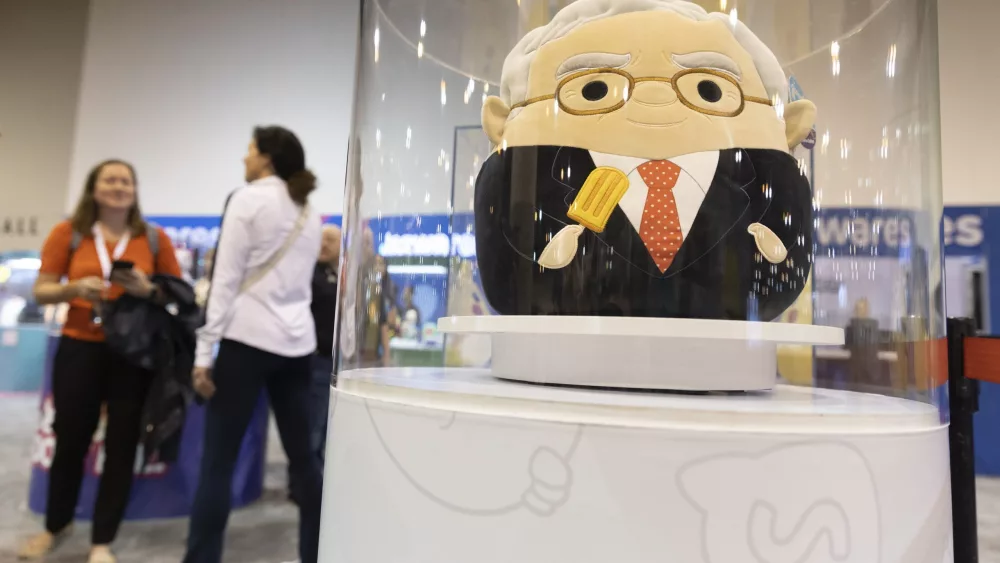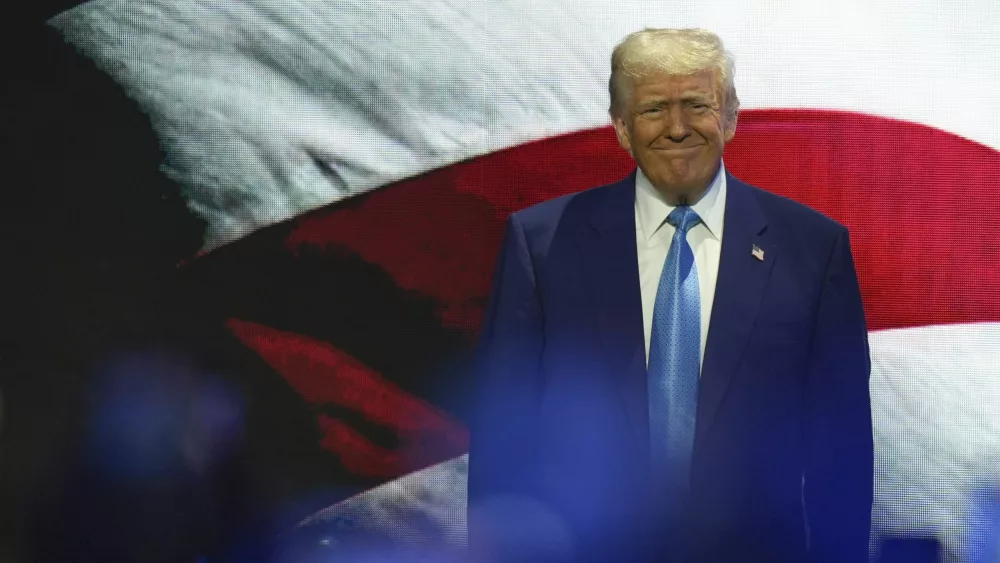By Lucia Mutikani
WASHINGTON (Reuters) – U.S. business activity nearly stalled in February amid mounting fears over tariffs on imports and deep cuts in federal government spending, erasing all the gains notched in the aftermath of President Donald Trump’s election victory.
The tumble in activity to a 17-month low reported by S&P Global on Friday was the latest in a string of surveys to suggest that businesses and consumers were becoming increasingly rattled by the Trump administration’s policies.
Business and consumer sentiment soared following the Republican’s November 5 victory on hopes for less stringent regulations, tax cuts and low inflation.
“Companies report widespread concerns about the impact of federal government policies, ranging from spending cuts to tariffs and geopolitical developments,” said Chris Williamson, chief business economist at S&P Global Market Intelligence.
“Sales are reportedly being hit by the uncertainty caused by the changing political landscape, and prices are rising amid tariff-related price hikes from suppliers.”
S&P Global’s flash U.S. Composite PMI Output Index, which tracks the manufacturing and services sectors, fell to 50.4 this month. That was the lowest reading since September 2023 and was down from 52.7 in January. A reading above 50 indicates expansion in the private sector.
The services sector accounted for the drop in the PMI, contracting for the first time since January 2023.
POLICY DRAG
Manufacturing activity rose to an eight-month high, though that was attributed to “front-running potential cost increases or supply shortages linked to tariffs.”
Trump in his first weeks in office slapped an additional 10% tariff on Chinese imports. A 25% levy on imports from Mexico and Canada was suspended until March. Trump this month raised tariffs on steel and aluminum imports to 25%.
He said on Tuesday that he intended to impose auto tariffs “in the neighborhood of 25%” and similar duties on semiconductors and pharmaceutical imports.
In addition, federal government spending is being slashed, with thousands of workers from scientists to park rangers, mostly those on probation, fired by billionaire Elon Musk’s Department of Government Efficiency, or DOGE – an entity created by Trump.
The S&P Global survey was conducted between February 10-20.
A survey this week showed homebuilder sentiment deteriorated in February while a preliminary poll from the University of Michigan early this month showed consumer sentiment weakening, with one-year inflation expectations surging to levels last seen in November 2023.
Those inflation concerns dominated in the S&P Global’s survey. Its measure of prices paid by businesses for inputs increased 58.5 this month from 57.4 in January. It was boosted by the manufacturing gauge, which jumped to 63.5 from 57.4 last month, “overwhelmingly blamed by purchasing managers on tariffs and related supplier-driven price hikes.”
Manufacturers passed on the higher prices to consumers, which could raise the cost of goods. Goods deflation has accounted for the slowdown in inflation.
While services businesses also faced higher prices for inputs, they appeared to absorb some of the increase as slowing demand boosted competition, which could bode well for the overall inflation outlook, with price pressures trending higher in recent months.
The Federal Reserve in January paused its policy easing cycle, having cut interest rates by 100 basis points since September. A measure of prices charged by businesses for their goods and services fell to 51.6 from 53.9 last month.
The survey’s measure of new orders received by private businesses dropped to 50.6 this month from 53.7 in January. Its measure of employment decreased to 49.4 from 54.0 in January.
The survey’s flash manufacturing PMI edged up to 51.6 from 51.2 in January. Economists polled by Reuters had forecast the manufacturing PMI rising to 51.5. Its flash services PMI dropped to 49.7, the first contraction in just over two years, from 52.9 last month. That confounded economists’ expectations for a 53.0 reading.
(Reporting by Lucia Mutikani; Editing by Chizu Nomiyama)
Brought to you by www.srnnews.com








